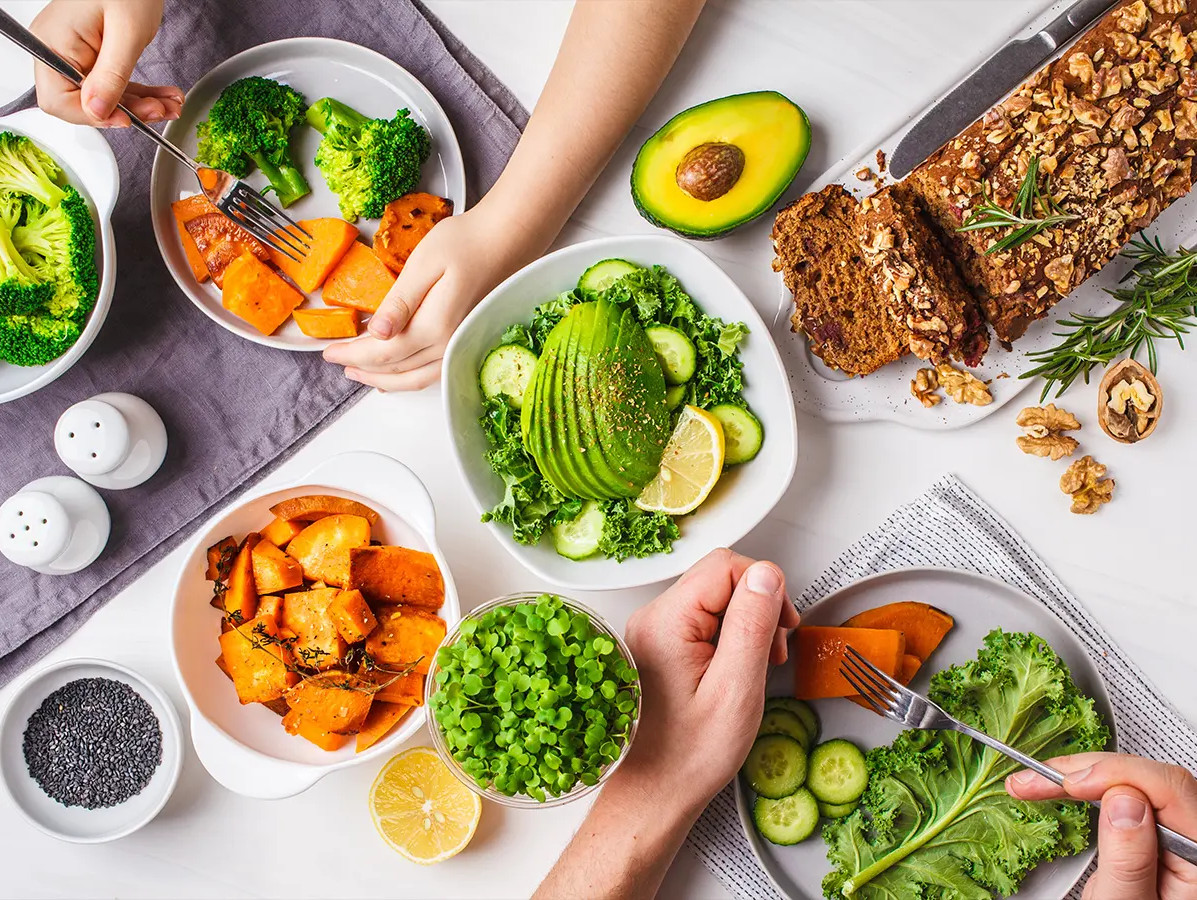
The Netherlands appears ready for a protein transition. Research by ProVeg shows that two-thirds of Dutch people want to eat more plant-based and less animal-based food. This support spans various demographic groups, from young people and urban residents to rural communities and diverse political preferences. However, a true breakthrough remains elusive, partly due to personal preferences and cultural barriers. Young people, in particular, show ambition: 20% of them want to become vegetarians.
The percentage of flexitarians in the Netherlands grew to 45% in 2023. Additionally, 11% of Dutch people no longer eat meat. Vegetarians make up 7% of the population, while vegans account for 2%. At the same time, the group of former vegetarians and vegans highlights that maintaining a plant-based diet is not always easy. Still, these shifts offer opportunities to take new steps forward.
If all Dutch people who want to eat less meat, or aim to become vegetarians or vegans, actually follow through, meat consumption in the Netherlands could drop by 30%. This would result in an annual saving of 1.6 megatons of CO2 and millions of animal lives.
Animal welfare, deforestation, and biodiversity are seen as the most important reasons to reduce meat consumption. On the other hand, taste and the belief that animal products are essential for health remain significant barriers. According to Pablo Moleman, strategic director at ProVeg Nederland, opportunities lie ahead: “The desire to eat more plant-based is already strong. It is up to NGOs, governments, and companies to help turn this intention into action.”
See the full report: The Plant-Based Potential of the Netherlands (Dutch only)
Source: ProVeg